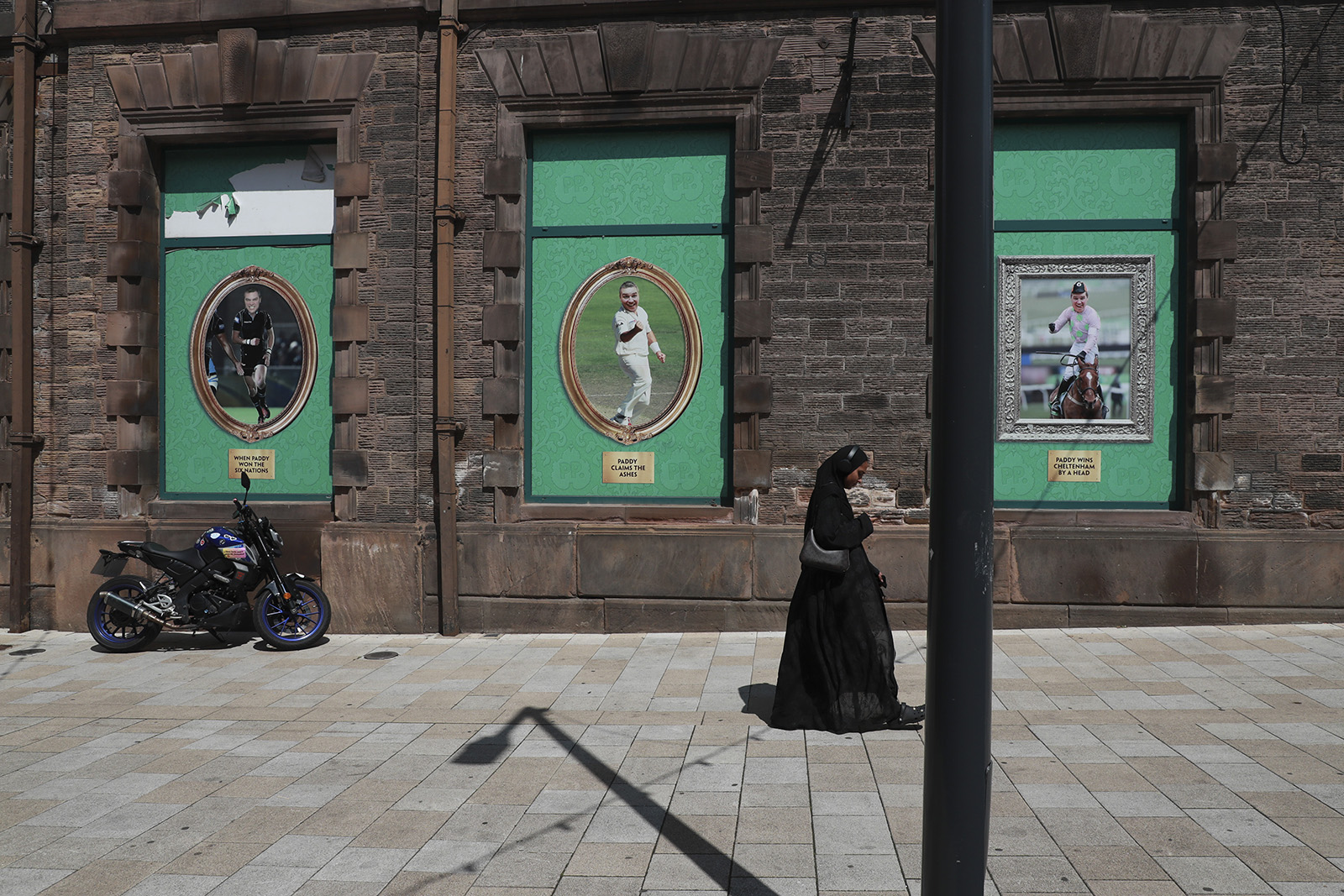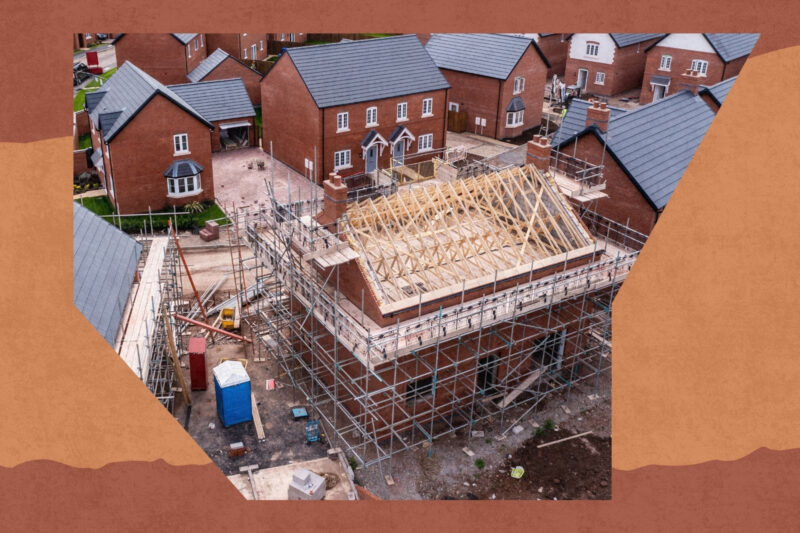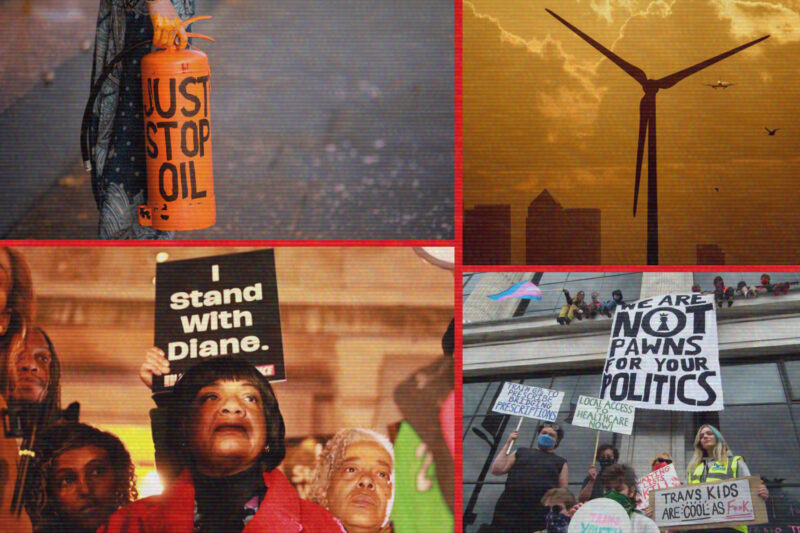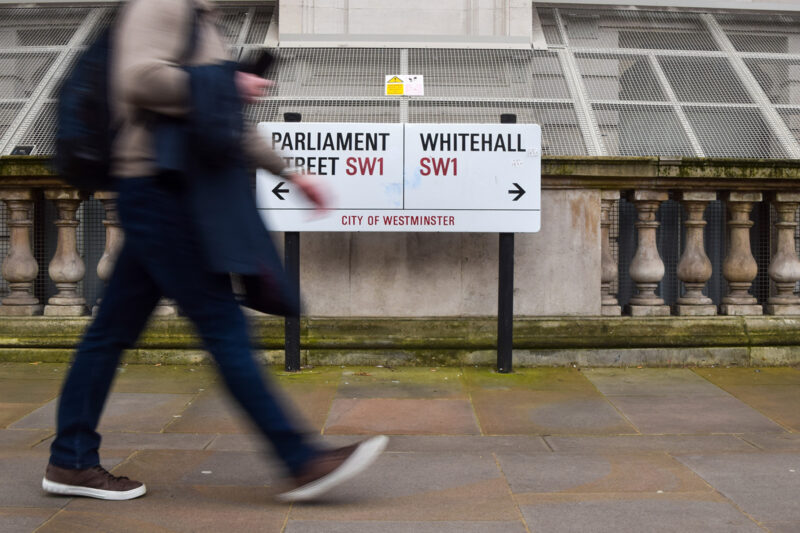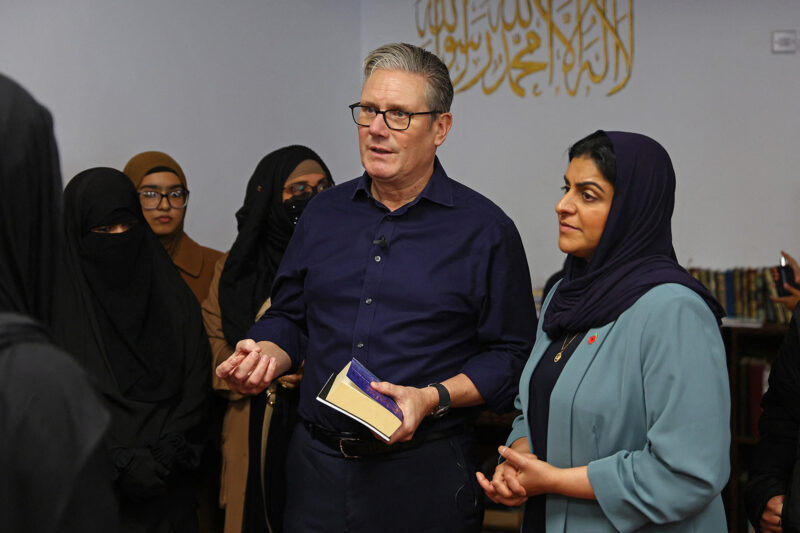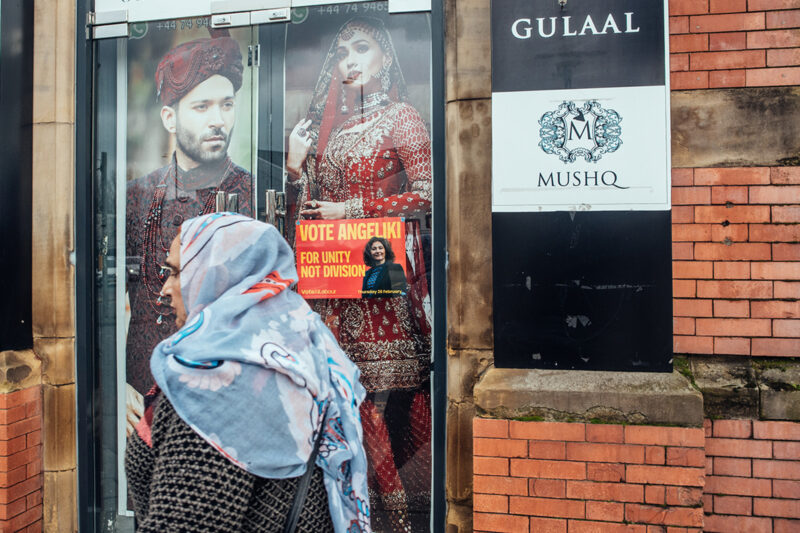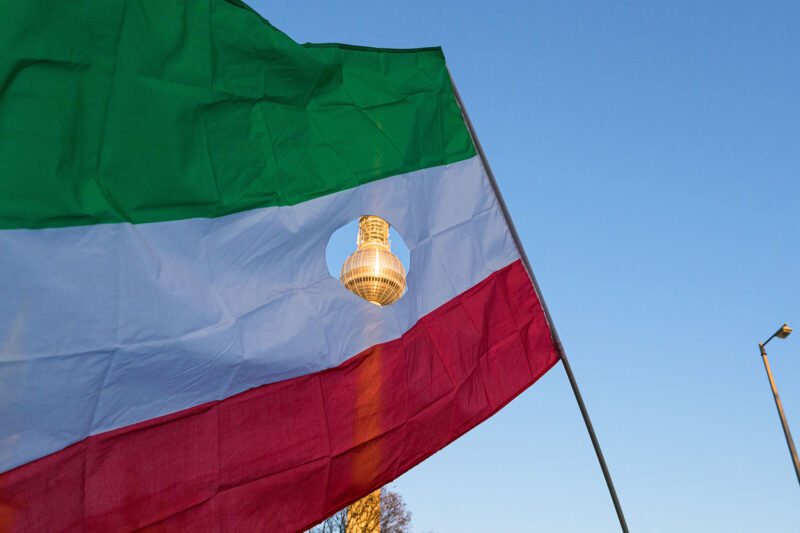Sacked faith minister: government must tackle hate against Muslims
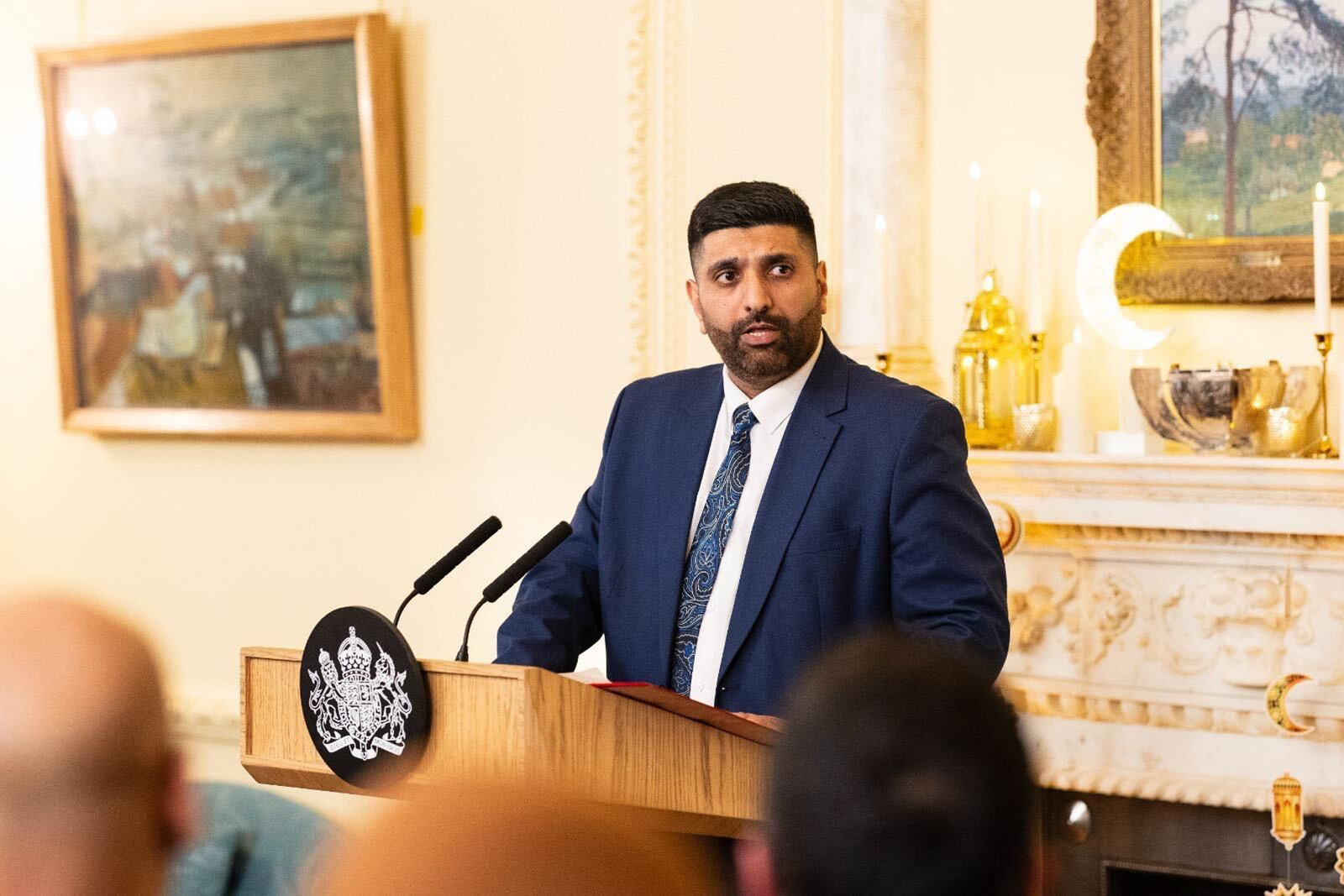
Wajid Khan said Britain needed to celebrate the contributions of migrants and warned against scrapping anti-Islamophobia work
Former Labour faith minister Wajid Khan, who was sacked in the days after Angela Rayner’s resignation, has urged the government to tackle hate against Muslims and other divisions in society.
Lord Khan, officially Baron Khan of Burnley, served for 14 months as parliamentary under-secretary for faith, communities and resettlement until his ejection from the government on 6 September. During that time, he helped oversee work to heal relations between British communities following the wave of racist rioting that swept across the UK in the summer of 2024.
“I do think people are fearing their future with some of the incidents that are taking place,” he said, adding: “There’s a huge increase in racism. In some ways, we’ve gone backwards.”
Khan, a former member of the European parliament who once served as mayor of Burnley, said: “I met a bunch of Muslim women who wear the hijab, and they were telling me there were constantly people pointing video cameras in their face and trying to put them on TikTok. That is not the way we should be doing things. We should be really working hard, in government and all society in different institutions, to make sure that we get closer as a country.”
Criticising the idea that “you can’t be part of this country because you’re different colour”, he said: “I was born here. I would hope I’m making a contribution by being in public service.” The government this week said migrants would have to spend time volunteering in order to earn indefinite leave to remain — including those who work in public services — but Khan would not be drawn on commenting directly about these plans.
“I think we have got to do better to help people to actually contribute to our country,” he added. “I do believe that people should have support in developing themselves.”
He also said the public debate around migration needed to recognise migrants’ service to the UK. “Governments have got to deal with controlling the borders,” he said. “That’s a fair thing to do. We’ve also got to celebrate — look at our country, look at our NHS, look at our schools — the great contribution that immigrants make.”
Khan sees the government’s devolution agenda and efforts to invest in the regions as key to taking forward the work he began after the riots, which included visiting different parts of the UK and listening to the concerns of local councils and inter-faith forums. He played a role in formulating the Common Ground Resilience Fund and Pride in Place schemes to channel money into different areas of the UK, though both were launched following his departure as a minister.
Khan was seen as an ally of Rayner, who stepped down amid a row over her failure to pay enough stamp duty on a flat in Hove. The reshuffle that followed saw Khan sacked, Mahmood promoted and Steve Reed chosen to head up Rayner’s old department, the Ministry for Housing, Communities and Local Government.
He counts 220 visits he made to different faith communities during his time in post. “I visited not just Muslims, Jews, Christians, Hindus and Sikhs,” he said. “It was about Jains, Bahais, Quakers, Buddhists, Zoroastrians, Humanists as well.
“I wanted to go and spend time with people and listen to people and engage with them. I thought that it was humbling to hear people’s everyday experiences and challenges and advice on what government should be doing better.”
He also helped revive the antisemitism working group, which had stopped meeting during the previous government — and convened another working group on establishing a statutory definition of Islamophobia.
That group will report to the government with a recommended definition, and it will be up to Reed and Keir Starmer whether to adopt it. Last week, it was reported that figures within the government were lobbying for the work to be binned altogether. Khan said he had contacted the communities department and No 10 about the reports and that he would be “disappointed” if there wasn’t action on the “particular problem of religious hate crime”.
Hyphen spoke to Khan on the day of Starmer’s Labour conference speech, which Khan said he was impressed by. Asked about the challenge from the populist right, led by Reform UK, he dismissed them as offering “simple solutions to complex problems” but admitted he was worried about the “demonisation” of communities of colour, believing that narrative “needs to be challenged”.
“There’s a huge increase in racism,” he said. “In some ways, we’ve gone backwards.” Khan believes that the way to tackle this is to have “honest, genuine debates” while taking action in government that translates to tangible benefits in everyday life, such as reducing the cost of living.
“We’ve inherited 14 years of a Conservative government with multifaceted, broken systems and structures in different aspects of our country, and it’s been a difficult start,” he said. However, he believes that the government is taking a “serious approach” and can make “huge improvements” on child poverty, homelessness, community cohesion, education, the NHS and in national security, while addressing the concerns of some about migration.
Khan’s responsibilities have been taken on by Peckham MP Miatta Fahnbulleh, who moved from the Department for Energy Security and Net Zero, but he is hopeful about a return to the front bench. “I’ll always be happy to support and help the government,” said Khan. “I’m a positive guy.”
 Newsletter
Newsletter


